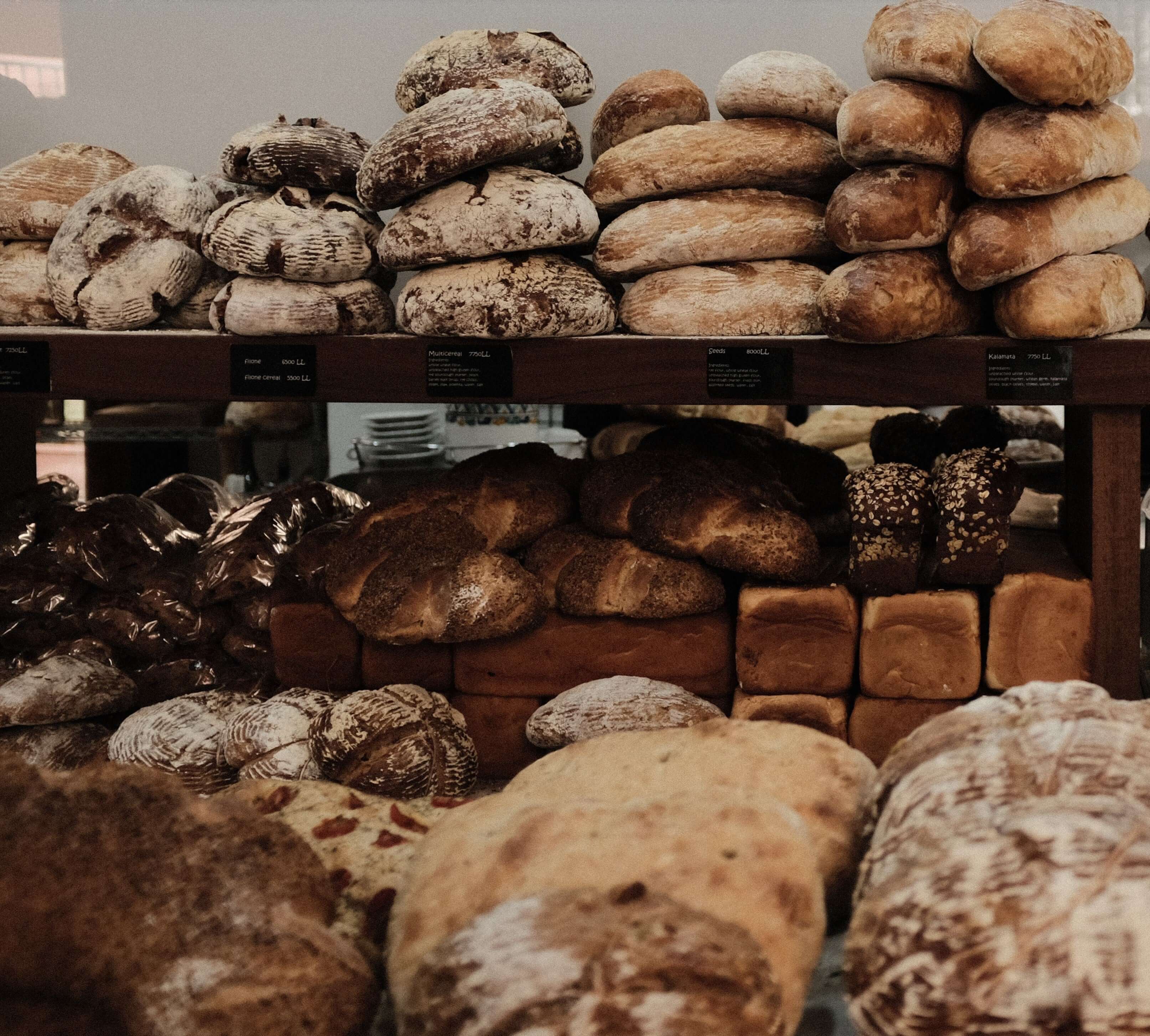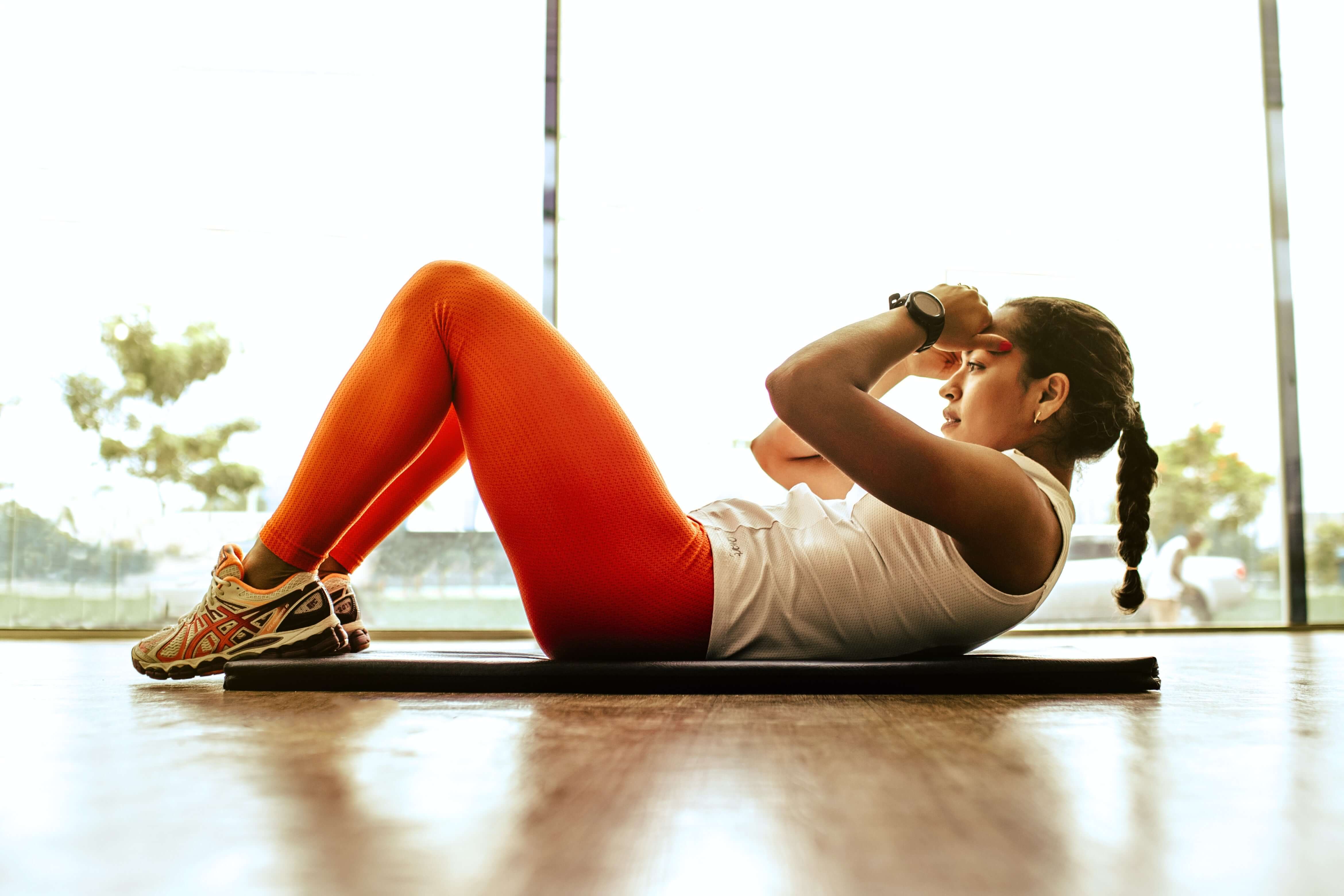Do you want to know more about the structure of collagen to better care for your skin?
Collagen is a fundamental protein in our body , responsible for providing structure, strength and flexibility to many tissues, such as skin, joints, bones and hair.
Understanding its structure is essential to appreciate its importance and the role it plays in maintaining our health and well-being.
In this article, we will explore the structure of collagen, the different types of collagen in our bodies, and how this crucial protein is formed. We will also discuss the various functions of collagen in different parts of the body and how its production can be affected by various factors.
Finally, we will examine possible solutions to prevent collagen loss and the use of collagen supplements to promote its synthesis and maintain healthy, youthful skin.
Types of Collagen
Collagen is a family of proteins that includes different types, each of which plays a specific role in our body. Let's see the main types of collagen present:
Type I Collagen
Type I collagen is the most abundant type in our body and makes up about 90% of the collagen in our skin, bones, tendons, and ligaments. It is responsible for the strength and resistance of these tissues, giving them structure and stability.
Type II Collagen
Type II collagen is found primarily in cartilage, connective tissue in joints, and in the eyes . This type of collagen contributes to the strength and elasticity of cartilage, allowing the joints to function properly and reducing friction during movement.
Type III Collagen
Type III collagen is often associated with type I collagen, as it is often found in the same tissue context. It is present in tissues such as skin, blood vessels, internal organs, and muscles. This type of collagen provides structural support to tissues and contributes to their resilience.
Type IV Collagen
Type IV collagen is a key component of the basement membrane, a thin layer that lines tissues and organs. This type of collagen provides structural support and contributes to the filtration and barrier function of the basement membrane.
In addition to these main types, there are also other types of collagen present in our body, each with specific functions in different tissues. Understanding the different types of collagen is essential to appreciate the importance of this protein in maintaining the health and well-being of our body.
If you want to take a Skin DNA test and evaluate your collagen status, click here .
How Collagen Structure Is Formed
The process of collagen structure formation is complex and involves several crucial steps. Let's see how collagen formation occurs in our body:
The Role of Collagen Peptides
Collagen synthesis begins with the production of collagen peptides within cells called fibroblasts. These peptides are made up of chains of specific amino acids, including glycine, proline, and hydroxyproline, which are essential to the structure of collagen.
The Formation of the Triple Helix
Collagen peptides assemble to form a triple helix structure , known as tropocollagen. This triple helix structure is critical to the stability and strength of collagen.
During the formation of tropocollagen, the peptide chains wrap around each other to create a spiral structure .
The Formation of Collagen Fibrils
Tropocollagen molecules further aggregate to form collagen fibrils. These fibrils are made up of a collection of tropocollagens aligned in a parallel fashion . Collagen fibrils provide additional strength and structure to tissues and are responsible for their structural integrity.
During the formation of collagen fibrils, cross-linking processes also occur, in which collagen molecules bind to each other through chemical bonds. These cross-linking bonds provide additional stability and strength to the collagen structure.
Collagen structure formation is a dynamic process that occurs constantly in our bodies to maintain the health and functionality of tissues that depend on collagen.
If you want to take a Skin DNA test and evaluate your collagen status, click here .
The Function of Collagen in the Body
Collagen plays several crucial roles in our body, as it is involved in numerous tissues and organs. Let's look at the main functions of collagen in different parts of the body:
Collagen and Skin
One of the most well-known roles of collagen is to maintain the health and elasticity of the skin. Type I collagen is abundant in the dermis, the outermost layer of the skin, and helps keep it firm, compact, and youthful.
Collagen helps improve skin elasticity, reducing the appearance of wrinkles and fine lines.
Collagen and Joints
Type II collagen is essential for healthy joints and cartilage. Articular cartilage is primarily composed of type II collagen, which provides strength and flexibility to joints.
Collagen helps reduce friction between joint surfaces , allowing for smooth movement and preventing joint wear and tear.
Collagen and Bones
Type I collagen is the main component of the bone matrix and provides structure and strength to bones.
Collagen helps prevent bone fragility and contributes to the ability of bones to bear weight and resist stress. Without adequate collagen, bones can become weak and brittle, increasing the risk of fractures and osteoporosis.
Collagen and Hair
Collagen is also involved in the health and strength of hair . It contributes to the structure and strength of hair follicles, promoting healthy hair growth. Additionally, collagen can help improve the appearance of hair, making it thicker, shinier, and less susceptible to damage.
Collagen therefore plays a fundamental role in various tissues of our body , contributing to general health and well-being. Maintaining an adequate level of collagen is essential to preserve the functionality of these tissues and prevent disorders and conditions associated with its deficiency.
Collagen Production and Loss
Collagen production and loss are processes that affect the quantity and quality of collagen in our body. Let's see the factors that influence collagen production and how to prevent its loss:
Factors That Influence Collagen Production
There are several factors that can influence the production of collagen in our body.
Age is one of the main factors, as collagen production tends to decrease as we get older.
Other factors include exposure to UV rays, stress, unhealthy eating habits , cigarette smoking, and some chronic diseases.
How to Prevent Collagen Loss
To preserve the quantity and quality of collagen in our body, it is important to adopt some preventive measures.
A balanced diet rich in essential nutrients such as vitamin C, zinc and silicon can help promote collagen production. Additionally, protecting your skin from UV damage through the use of sunscreen and limiting your sun exposure can help preserve skin collagen.
Avoiding cigarette smoking is essential, as smoking can damage collagen and accelerate its loss. Reducing stress and adopting a healthy lifestyle, including regular exercise and quality sleep , can also help maintain adequate levels of collagen in the body.
If you want to take a Skin DNA test and evaluate your collagen status, click here .




Leave a comment
This site is protected by hCaptcha and the hCaptcha Privacy Policy and Terms of Service apply.